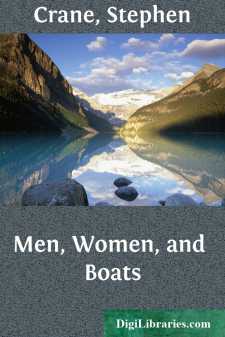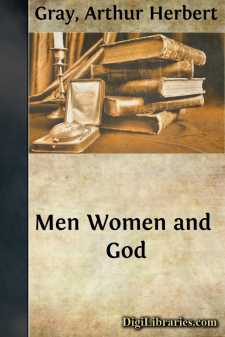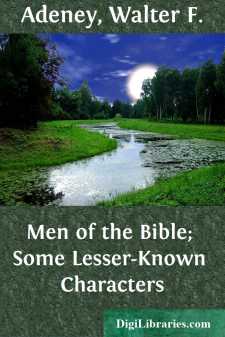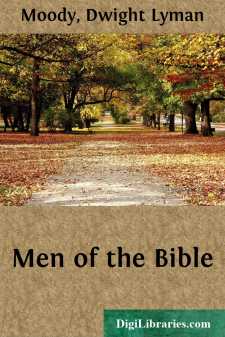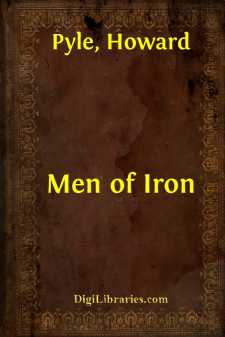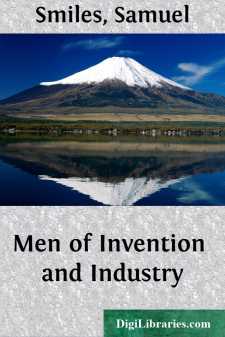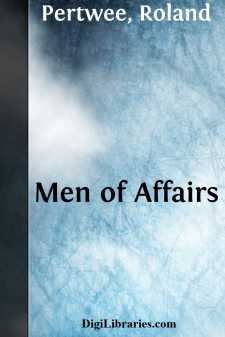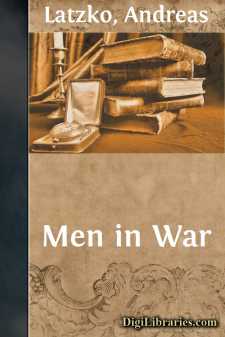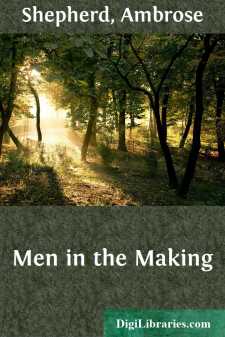Categories
- Antiques & Collectibles 13
- Architecture 36
- Art 48
- Bibles 22
- Biography & Autobiography 813
- Body, Mind & Spirit 142
- Business & Economics 28
- Children's Books 13
- Children's Fiction 10
- Computers 4
- Cooking 94
- Crafts & Hobbies 4
- Drama 346
- Education 46
- Family & Relationships 57
- Fiction 11828
- Games 19
- Gardening 17
- Health & Fitness 34
- History 1377
- House & Home 1
- Humor 147
- Juvenile Fiction 1873
- Juvenile Nonfiction 202
- Language Arts & Disciplines 88
- Law 16
- Literary Collections 686
- Literary Criticism 179
- Mathematics 13
- Medical 41
- Music 40
- Nature 179
- Non-Classifiable 1768
- Performing Arts 7
- Periodicals 1453
- Philosophy 64
- Photography 2
- Poetry 896
- Political Science 203
- Psychology 42
- Reference 154
- Religion 513
- Science 126
- Self-Help 84
- Social Science 81
- Sports & Recreation 34
- Study Aids 3
- Technology & Engineering 59
- Transportation 23
- Travel 463
- True Crime 29
Sort by:
by:
Stephen Crane
STEPHEN CRANE: AN ESTIMATE It hardly profits us to conjecture what Stephen Crane might have written about the World War had he lived. Certainly, he would have been in it, in one capacity or another. No man had a greater talent for war and personal adventure, nor a finer art in describing it. Few writers of recent times could so well describe the poetry of motion as manifested in the surge and flow of...
more...
by:
Amy Lowell
This is a book of stories. For that reason I have excluded all purely lyrical poems. But the word "stories" has been stretched to its fullest application. It includes both narrative poems, properly so called; tales divided into scenes; and a few pieces of less obvious story-telling import in which one might say that the dramatis personae are air, clouds, trees, houses, streets, and such like...
more...
INTRODUCTION In the following pages I propose to write simply and plainly about the social, personal, and bodily relations of men and women, and about the ways in which their common life may attain to happiness, harmony, and efficiency. I shall deal with matters often handled only with much diffidence, and thought of with uncomfortable reserve. And I address myself to men and women alike. I do it all...
more...
by:
Walter F. Adeney
I. "He walked with God." Therefore he knew God. The articles of his creed were not many, but he was fixed on this foundation-truth of all religion. Further than this, he knew God as taking a living interest in His creatures, as one who could be approached by them in prayer and communion, and who was sympathetically responsive to their needs. He somehow knew God, also, as being righteous and...
more...
ABRAHAM’S FOUR SURRENDERS A great many people are afraid of the will of God, and yet I believe that one of the sweetest lessons that we can learn in the school of Christ is the surrender of our wills to God, letting Him plan for us and rule our lives. If I know my own mind, if an angel should come from the throne of God and tell me that I could have my will done the rest of my days on earth, and that...
more...
by:
Howard Pyle
CHAPTER 1 Myles Falworth was but eight years of age at that time, and it was only afterwards, and when he grew old enough to know more of the ins and outs of the matter, that he could remember by bits and pieces the things that afterwards happened; how one evening a knight came clattering into the court-yard upon a horse, red-nostrilled and smeared with the sweat and foam of a desperate ride—Sir John...
more...
by:
Samuel Smiles
CHAPTER I. "A speck in the Northern Ocean, with a rocky coast, an ungenial climate, and a soil scarcely fruitful,—this was the material patrimony which descended to the English race—an inheritance that would have been little worth but for the inestimable moral gift that accompanied it. Yes; from Celts, Saxons, Danes, Normans—from some or all of them—have come down with English nationality a...
more...
by:
Roland Pertwee
CHAPTER 1. DISSOLUTION. At a pawnshop in the Gray's Inn Road, Richard Frencham Altar disposed of the last of his worldly goods. Four suits from a tailor in Saville Row, two pairs of shoes in brown and patent by a craftsman of Jermyn Street, some odds and ends of hosiery, a set of dressing table brushes with black monograms on ivory and the gold cigarette case Doreen had given him on the day of...
more...
by:
Andreas Latzko
OFF TO WAR The time was late in the autumn of the second year of the war; the place, the garden of a war hospital in a small Austrian town, which lay at the base of wooded hills, sequestered as behind a Spanish wall, and still preserving its sleepy contented outlook upon existence. Day and night the locomotives whistled by. Some of them hauled to the front trains of soldiers singing and hallooing,...
more...
by:
Ambrose Shepherd
YOUTH AND AFTER "And Terah died in Haran." This bit of prosaic information becomes suggestive by the emphasis of one word: "And Terah died in Haran." This was not his birthplace, but here he ended his days, and that for a reason over which it is worth our while to pause. "And Terah died in Haran." What of that? All people have died somewhere, who have lived and are dead. When we...
more...


